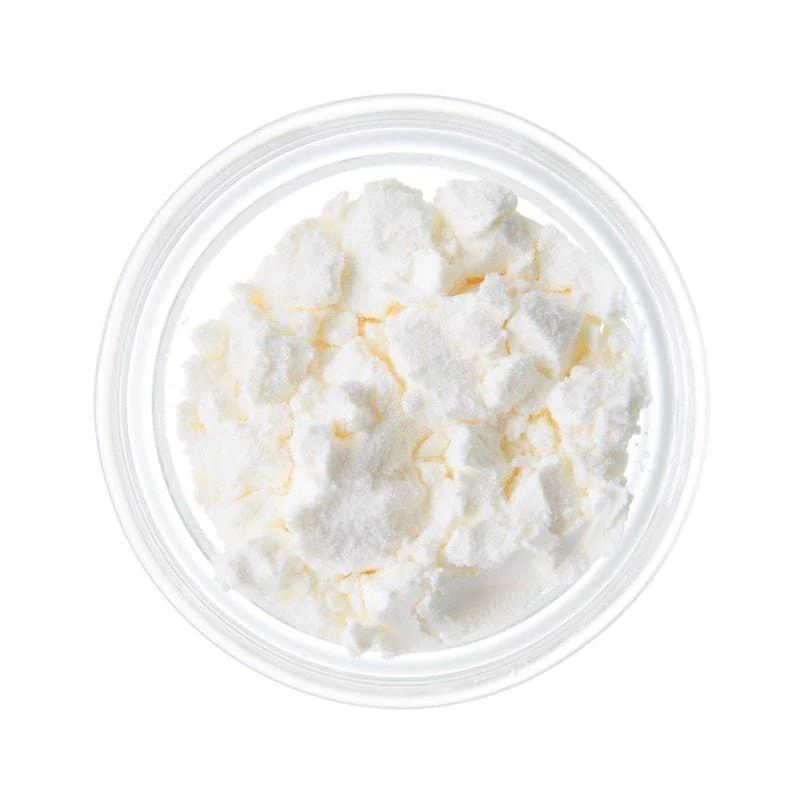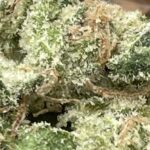
With the escalating prevalence of cannabis consumption in the United States, a fierce competition among cannabis companies has emerged as they strive to pioneer innovations and introduce novel cannabis-derived products. Notably, cannabis isolates are gaining prominence, with THC isolates taking the lead in popularity. THC, or tetrahydrocannabinol, stands out as one of the key cannabinoids found in the cannabis plant, specifically the THC-dominant strains. It is renowned for inducing the intoxicating psychoactive effects associated with cannabis consumption.
As the cannabis industry experiences robust growth, THC isolates are increasingly incorporated into various cannabis-derived products to harness both the medicinal benefits and intoxicating effects of cannabis. One standout product, widely acclaimed, is known as “Caps” – a cannabis nug coated with powdered THC isolate.
Given the pivotal role of marketing in the cannabis industry, companies are vigorously vying for optimal visibility in the market. While certain THC isolates enhance the appeal of cannabis products, some formulations, which blend isolates and terpenes to mimic specific cultivars, fall short of delivering the comprehensive effects associated with the actual cultivar referenced on the product. When individuals consume isolated THC, they experience a singular high, whereas the consumption of a complete cannabis cultivar ensures the full spectrum of effects derived from the diverse compounds present in the plant, whether experienced simultaneously or gradually over the course of the consumption experience.
The cannabis industry boasts a plethora of diversity, ranging from the preferences of consumers to the various consumption methods and an extensive array of cannabis products. For those seeking THC isolate, an array of products featuring this cannabis isolate is available, spanning from vaporizers to the trending THC isolate-coated cannabis buds, commonly referred to as “Caps.” Although these cannabis-derived isolates may enjoy popularity and convenience in certain scenarios, they fall short of delivering the complete composition of a cannabis plant.
If a consumer’s goal is to experience the comprehensive effects of a particular cannabis cultivar, they must direct their attention towards consuming or exploring cannabis products that encompass the entire plant or formulations that retain the full spectrum of plant constituents.

